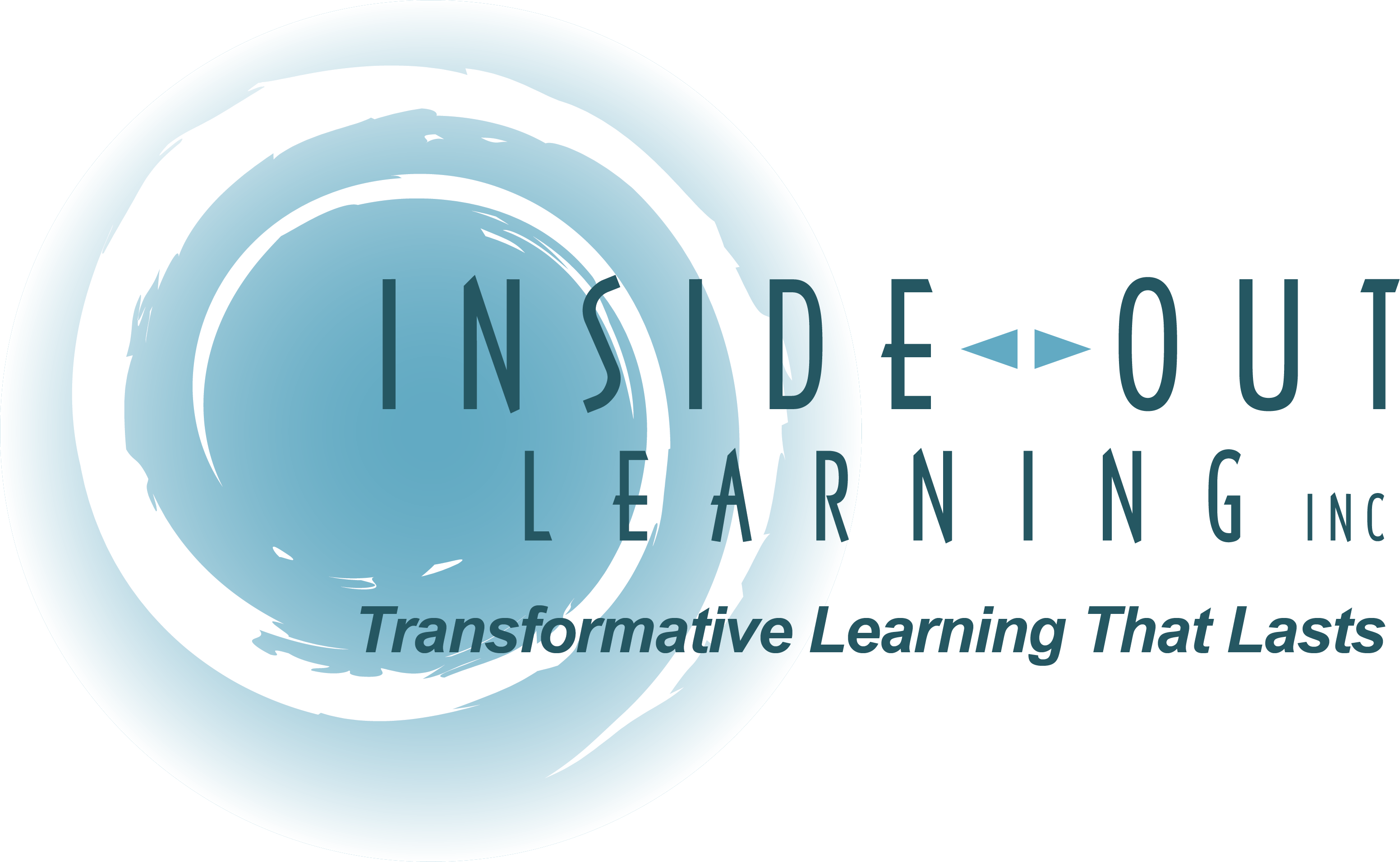Brene Brown: What it takes to be a brave leader right now – CMO
*Forwarded from Feedly*
Brene Brown: What it takes to be a brave leader right now – CMO
Organisations and leaders need to stop seeing results-driven performance, accomplishment and achievement, and empathy, care and connection, as mutually exclusive items and focus instead on uniting the two for corporate success.
That’s the view of American professor, lecturer author and podcast producer, Brene Brown, who tapped into her work around courage, vulnerability, empathy and bravery to discuss what it takes to lead in these challenging times during Qualtrics’ ‘Work Different’ virtual event.
As Brown put it, the COVID-19 crisis is challenging many of our biologically wired beliefs as it disrupts our work and home lives and the way we interact as individuals and society. And with no end to the pandemic in sight, she said the ‘next normal’ will require all of us to accept change and continually adapt.
“We need to rethink how we are taking care of ourselves, our organisation, each other and our communities,” Brown said.
In the context of leadership, Brown said one key way of navigating this change is to embrace empathy, care, connection and mutual respect. To outline the point, she highlighted the results of her most recent seven-year study into leadership, which has found these elements to be just as important in our work lives, as they are in our personal ones.
“When we walk into an office, our need for care, respect and connection doesn’t dissipate,” Brown said. “If you can’t find affection for the people you lead, you shouldn’t be leading them.”
Across her own team of 30 people, Brown said she prioritises building connection and care with her direct reports.
“In the off chance it can’t happen and I can’t build that – I do a lot of soul searching around that – we’ll move people to make sure people can report to someone where care and connection is in place,” Brown explained.
Interlinked with care is a fostering a cultural sense of belonging, Brown continued. This has seen her own organisation extend its ‘DEI’, or diversity, equity and inclusion framework to also include belonging as a value.
“The thing that’s very powerful about belonging is that true belonging doesn’t require us to change who we are – it invites us to be who we are,” she commented. “When we can show up, as our true selves, bring our talents and perspectives, and be seen and know we matter and are part of something, we succeed.”
And this is again why it’s so vital to recognised empathy and care. For Brown, the leaders who’ll still be standing in five years’ time are those who don’t see them as mutually exclusive to performance, but recognise their organisation is completely dependent on both. Brave leadership also relies on both.
“In our research across every segment, what’s clear is that we need braver leaders and more courageous cultures,” Brown said. “When we started this [seven-year leadership] research, I had hypothesised the greatest barrier to brave leadership was fear. I was completely wrong. The greatest barrier to courageous leadership is armour.
“That armour gets in the way of being human, caring, expressing empathy and compassion. When you look at daring leadership versus armoured leadership, you see daring leaders lean into the vulnerability; they don’t armour up, but they do replace armour with competence and curiosity.
“In this culture right now, where everyone is scared and uncertain, we need curious leaders. We need those who check-in and say something seems off, tell me what is going on, what does support look like, and how do I make things better for you.”
Brown also noted courage doesn’t have one face. “My hypothesised that fear got in the way whereas it’s armour that stops us being brave leaders,” she said. “The very first step to being courageous, is am I staying in the discomfort or am I tapping out and self-protecting. If I’m doing that, does it lead me towards my values, or away from them?”
Another example Brown shared was Google’s year-long ‘Project Aristotle’, which found the number one factor driving high-performing teams is psychological safety.
“Smart and kind are not mutually exclusive. When that belief is tolerated by an organisation, any attempt to build psychological safety is corroded,” Brown said. “What you’re really telling people is to be trusting, vulnerable and appropriate unless they’re good at what they do, then they can do what they want. And a lack of psychological safety will also impact performance.”
To turn the tide, Brown advised taking your organisation’s key values, and operationalising those into sets of behaviours. From there, it’s about measuring willingness and an ability to show up against those values in the same way you’d measure performance outcomes, and hold teams accountable to both.
“You can’t do this without a cultural shift. This is systemic, you have to have people onboard to say you are results first, here’s the metric for deliverables, and here’s the one for behaviour,” Brown added.
Follow CMO on Twitter: @CMOAustralia, take part in the CMO conversation on LinkedIn: CMO ANZ, follow our regular updates via CMO Australia’s Linkedin company page, or join us on Facebook: https://www.facebook.com/CMOAustralia.
via leadership “https://ift.tt/39Ps4zT”
August 13, 2020 at 04:22AM
